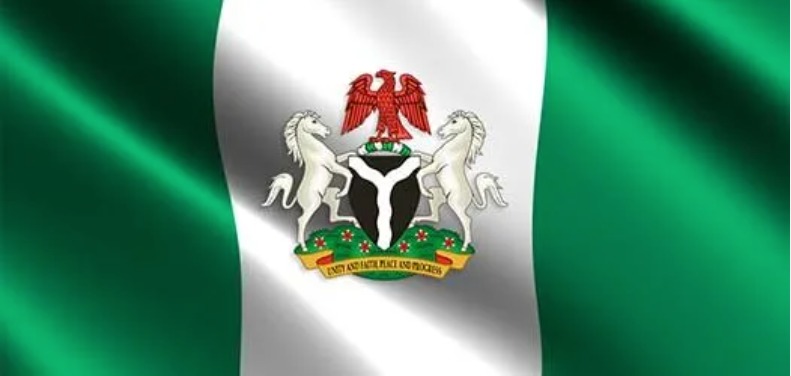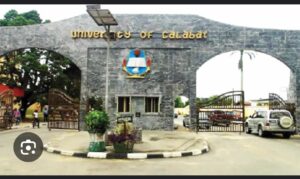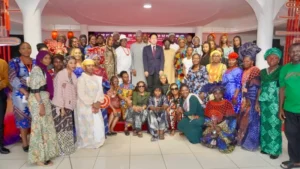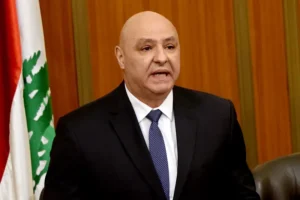
The Federal Government has unveiled the new Public Service Rule for immediate implementation in the public service.
Special Adviser to President on Monetary Policies, Olawale Edun, did the unveiling at the Public Lecture as part of activities to mark the 2023 Civic Service Week.
He described civil servants as the backbone of public administration and key stakeholders in producing essential services.
He stressed that their role is vital in transforming government that impact lives of Nigerians.
Edun commended the integration of technology into the civil service system, emphasising its ability to optimize work speed and reliability in the provision of services by workers.
In her opening remarks, Head of the Civil Service of the Federation (HOCSF), Dr Folasade Yemi-Esan, assured that Nigeria was fully keying into digitalised public service to meet the required global standards of service operations, hence the need for digital policy in the service.
She said, “Following the very extensive work carried out to put in place the required mechanisms for the smooth transition from physical handling of tasks.
“I am pleased to state that the office of the Head of Service has gone digital with its work processes.
“By this, I mean, all the personal and policy files have been scanned and store dindigital format; workflow processes are now transacted within the office digitally.”
Yemi-Esan stated that all official correspondence in form of memos, internal/external circulars, are processed electronically through the Enterprise Content Management (ECM), being one of the pillars of the Federal Civil Service Strategy and Implementation Plan 2021 –2025 (FCSSIP25).
She added that the initiative was designed to transform the Federal Civil Service to a world class Service has noted the need for digitisation of Nigeria’s public service.
The HOS said all the Ministries, Departments and Agencies are expected to key into digitisation initiative by 2025.
“From the service-wide perspective, all MDAs are running with the digitisation programme and are at different stages of implementation; with a mandate for all to achieve full migration by the end of 2025.It’s pleasing to note, some MDAs have also deployed some ECM solutions for their workflows.”
The guest lecturer, Professor Stefan Dercon from University of Oxford, speaking on leadership in digital transformation, said the nation’s civil service has a choice to embrace or resist the opportunity digitalisation.
According to him, economy increases with digitalisation.
He however, said while bureaucracy is good, in Nigeria’s case, bureaucracy holds a lot of things back.
Speaking to journalists later on the issue of bureaucracy, Dercon said: “You know, it’s not all bureaucracies that is bad, let me be very clear. There need to be processes. What I was alluding to during my lecture was that sometimes in some instances, these processes are used to extract money from people and slow down processes.
“One of the things I said in my lecture is that digital processes allow us to actually create much more transparency, because you can track much more carefully what’s happening, you get better performance indicators in the system. So, it allows those people in the system of which I believe there are many that actually want to improve the system performance to actually do.”
So, digitalisation is a way of helping with transparency and efficiency and, honesty in general. So that’s what I think we can do with the system”, he said.




